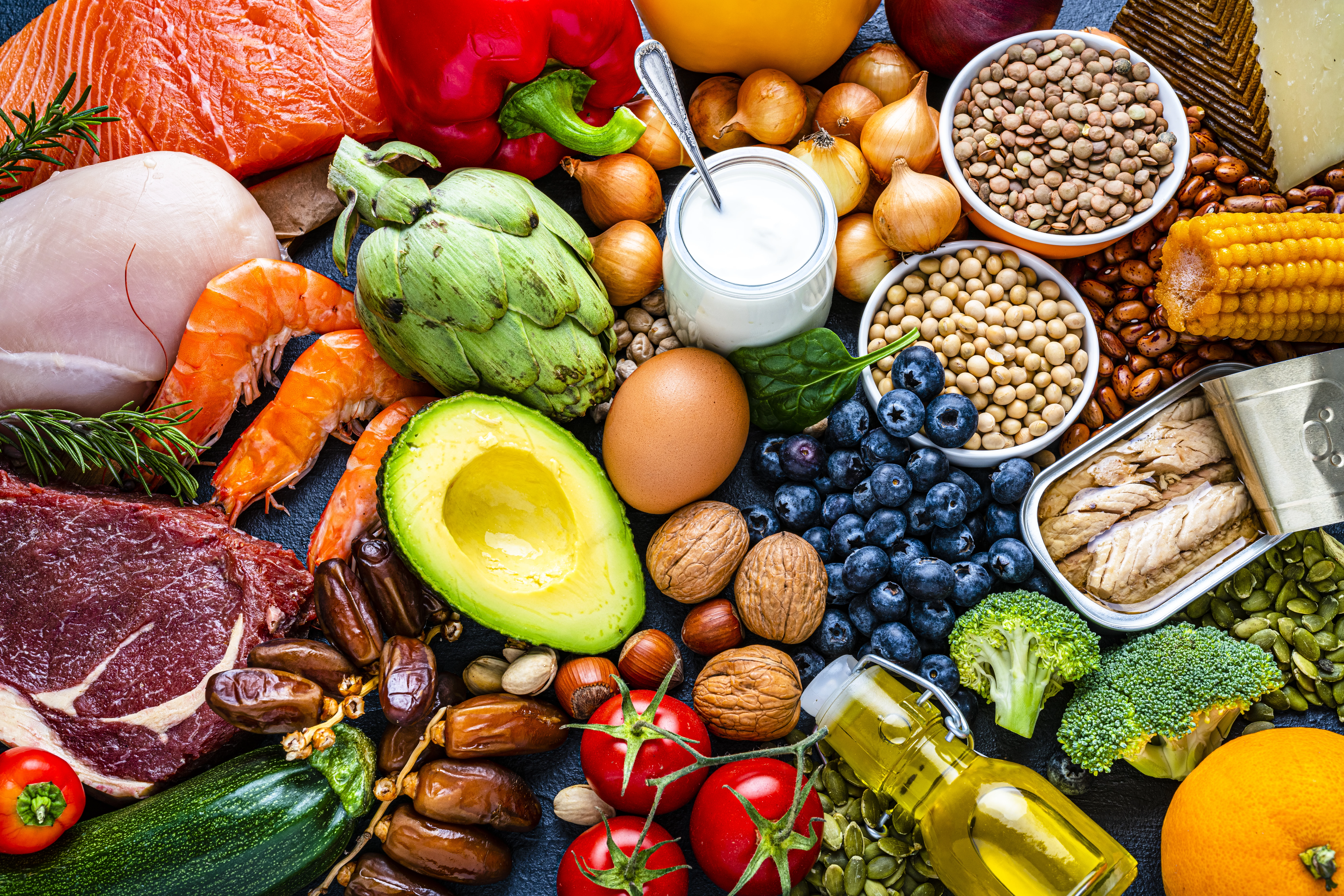Hippocrates was a revered physician in ancient Greece, and is universally recognized as the father of medicine. His practice revolved around the motto of “Let food be thy medicine and medicine be thy food,” which has been commonly translated to “food is medicine.”
Everything we eat and drink affects the state of our overall health, because everything we consume is absorbed by the body in some way, either in the form of nutrition or a toxin. For those who want to balance their blood sugar, regulate their cardiovascular health, improve the functionality of their organs and more, being intentional with the foods you eat is vital.
In this article, we’re going to provide you with a mini education on nutrition by discussing the relationship between nutrition and addiction recovery, clarifying the importance of nutrition in recovery and identifying the best foods to prioritize right now.
How does nutrition affect your overall health?
Out of all the elements that affect our overall health, nutrition is one of the most crucial.
Nutrition plays a necessary role in not only our recovery from different illnesses, injuries and surgeries, but also a role in the body’s recovery from addiction.
Without proper nutrition, the body cannot repair damaged tissues, develop a strong immune system, produce key vitamins or maintain natural energy levels (to name only a few things). In other words, without an abundance of nutrients, every system in the body suffers.
The modern American diet — one full of sugar, processed and pre-packaged meals, sugar, fast food and vegetable oils — inevitably leads to nutrient deficiencies and varying levels of toxicity. The consequences of a poor diet include the development of various diseases, mental illnesses and physical ailments, exacerbated symptoms of aging, all of which can potentially be fatal.
Despite this, there is a common belief that continues to circulate in the recovery community that individuals should allow themselves to indulge in all of the fats, snacks, sweets and treats they want when they’re working on recovering from an addiction. The justification is that addiction recovery is hard enough without trying to implement additional lifestyle changes like nutrition, so if eating “fun food” makes the recovery process any easier, then do it.
The problem with this philosophy is it disregards the fact that the short-term enjoyment of these foods not only elongates the recovery process (due to lack of adequate nutrition), but sets the foundation for additional health issues down the road.
Nutrition and addiction recovery
Prioritizing nutrition in recovery is essential for making the recovery process easier, helping to relieve symptoms, as well as helping to support long-lasting sobriety and health.
Additional benefits of practicing nutrition include:
- More restful sleep
- Increased energy
- Better digestion (less bloating)
- Reduced depression and anxiety
- Increased self-esteem and confidence
- Uplifted mood
- Stronger immune system
It can be difficult to know exactly where to begin when it comes to practicing a nutrient-rich diet, and it doesn’t help that there seems to be a lot of conflicting claims and advice out there. To keep things simple, we’re going to stick to the tried-and-true fundamentals.
The best medicinal foods
Hydrogenated and refined oils (such as canola, corn, vegetable) are leading causes in chronic inflammation, a condition that is at the root of many diseases, including diabetes, heart disease, stroke and cancer. Healthy fats, on the other hand (such as coconut oil, butter, avocados), are essential for proper hormone function, brain development, and even weight loss.
Sometimes it’s not an entire food group that’s the problem, but the quality of foods you’re consuming within that group. For example, animal-based protein is one of the purest sources of vitamins and minerals, but a hot dog or chicken nuggets are only going to have a fraction of the nutrients that wild-caught fish or pasture-raised livestock possess.
Probiotics are not only necessary for digestion on the most basic level, but are critical for optimal immune function and health. A wide variety of illnesses stem from poor gut health, including food allergies, thyroid imbalances, diabetes, chronic fatigue and more. While not everybody can start taking kombucha or sauerkraut right off the bat, there are plenty of milder (but still highly beneficial) probiotic supplements.
Antioxidant foods are known for boosting the body’s immune defenses, assisting in preventing and restoring cell damage, and also considered to possess anti-aging healing properties. Some of the highest antioxidant foods include berries, bright root veggies, leafy greens and spirulina.
Nutrition is one of the most important and foundational areas of our lives, and yet, so few of us are taught how to sustainably fuel our bodies or how doing so can help prevent the development of chronic illnesses. If you’re feeling overwhelmed with where to begin, reach out to our team.
Get help today
Real Recovery specializes in helping adults heal their bodies, minds and lives from addiction so they can foster intrinsic, positive, long-lasting change in their lives. Our team is here to walk with you every step of the way so that no matter what challenges you’re facing, you’re never alone.
Send us a message or call us directly today.





